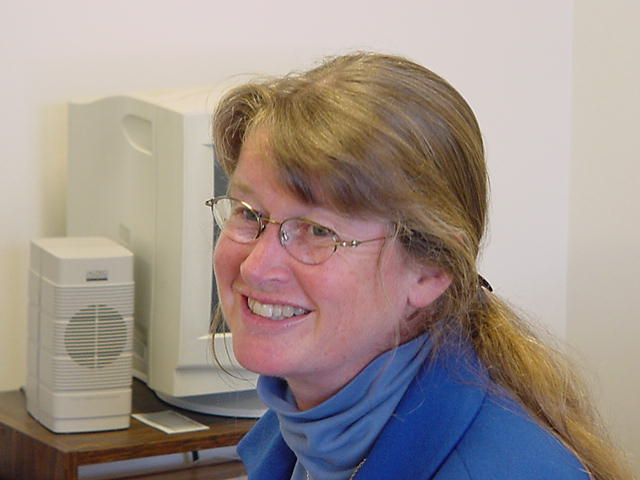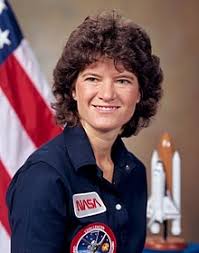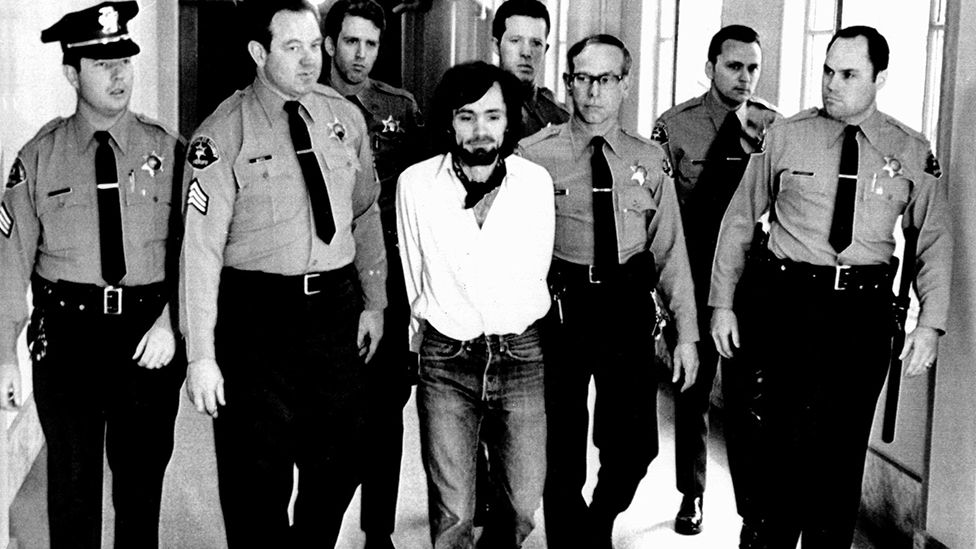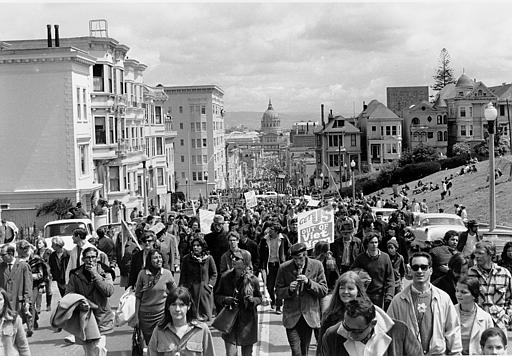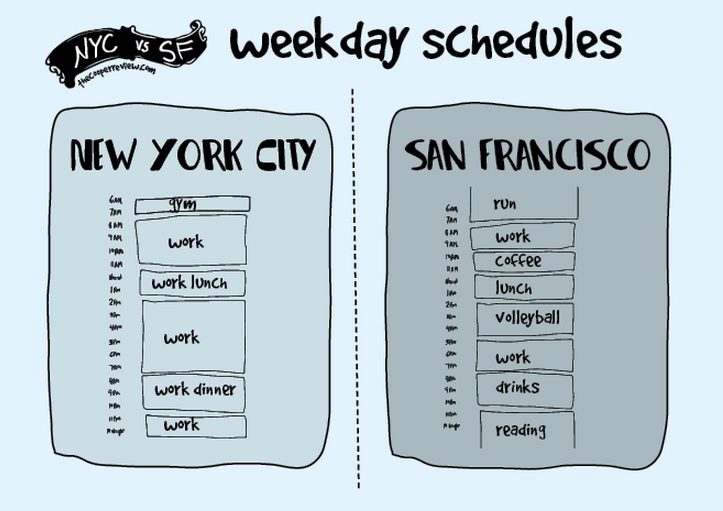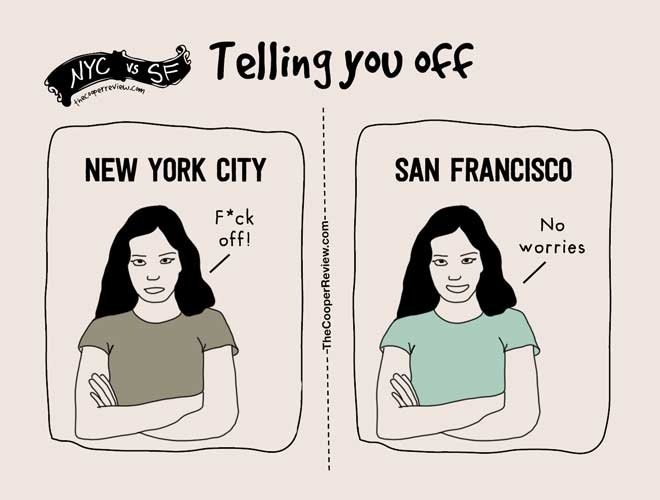Wet California
 Wednesday, March 13, 2019 at 6:38PM
Wednesday, March 13, 2019 at 6:38PM Hate California, It’s Cold and It’s Damp. I’m Singing in the Rain……
Sunny California is so wet this winter…..
Sunny California – it’s cold and damp? So says the great Rogers and Hart song, “The Lady is a Tramp.”
She likes the free, fresh wind in her hair
Life without care
She's broke, and it's oke
She hates California, it's cold and it's damp
That's why the lady is a tramp
But no, California is all about sun. We never think about weather when we plan an event. I could never get my kids to wear raincoats or boots. The weather is always fine.
When I first moved to California, 50 years ago, I noticed that the sun shone consistently every day, until November, when it started to rain. Not every day, but off and on until March, just 5 wet months. All summer long and into the early fall it was totally dry, not a drop. Having grown up in the New York area, when there were fantastic summer thunderstorms, and where we always said, when planning an event, “What is our plan if it rains?” I realized we never asked that question in California.
But we do always worry about getting enough rain in the winter to provide water through the summer. For a state that seems to promise there’s enough of everything for everyone, we are pathetically reliant on water, and helpless if it doesn’t show up.
It’s a very dry state, and access to water is everything. Communities realize there is only so much water, and they use “water credits” to restrict new developments. You can’t add a new bathroom because you don’t have more water credits. That’s the only thing that has kept the Monterey Bay area from becoming LA, not enough water. Our only source is the cute little 30 mile long Carmel River, dries up every summer.
For the last few years the various reservoirs all over the state have been low to empty. And the drought has starved trees, creating the wildfire disasters. Always, too dry.
But this year – wet, wet, wet. We have a rain gauge on our deck and we are already at 50 inches, more than NYC gets in a year, and we have at least another month of rain. Comparing stats with neighbors, some are at 60 (microclimates) and others remind us of 1983 when the total was over 100 inches.
IE, we no longer talk of “climate change,” or even the old term “global warming.” The scientists at the Monterey Bay Aquarium teach us to use the phrase “climate chaos.” Very hard to predict or plan. Feast or famine, wet or dry.
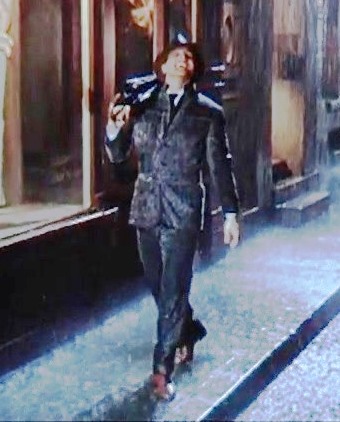 OK, not complaining. I love living in California, and if it’s wet, at least it’s not below zero wet. Don’t let my friends in Minnesota hear me complaining….
OK, not complaining. I love living in California, and if it’s wet, at least it’s not below zero wet. Don’t let my friends in Minnesota hear me complaining….
But my point is that we think of California as always sunny, surf’s up, get out your sunglasses.
No, it rains here a lot. Remember Gene Kelly singing in the rain? That was one wet LA night. And it created one of the greatest songs of all time – what a glorious feeling, I’m happy again.
Come on with the rain!
I'm singin' in the rain
Just singin' in the rain
What a glorious feeling
I'm happy again
I'm laughin' at clouds
So dark up above
The sun's in my heart
And I'm ready for love
Let the stormy clouds chase
Everyone from the place
Come on with the rain
I've a smile on my face
I'll walk down the lane
With a happy refrain
Just singin'…
Copyright © 2019 Deborah Streeter


